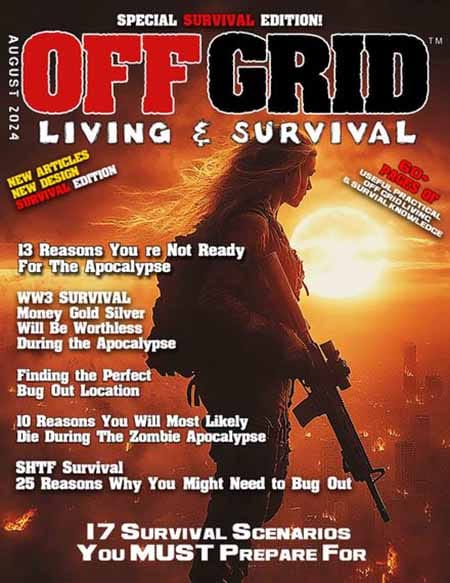How To Live Off Grid RENT FREE
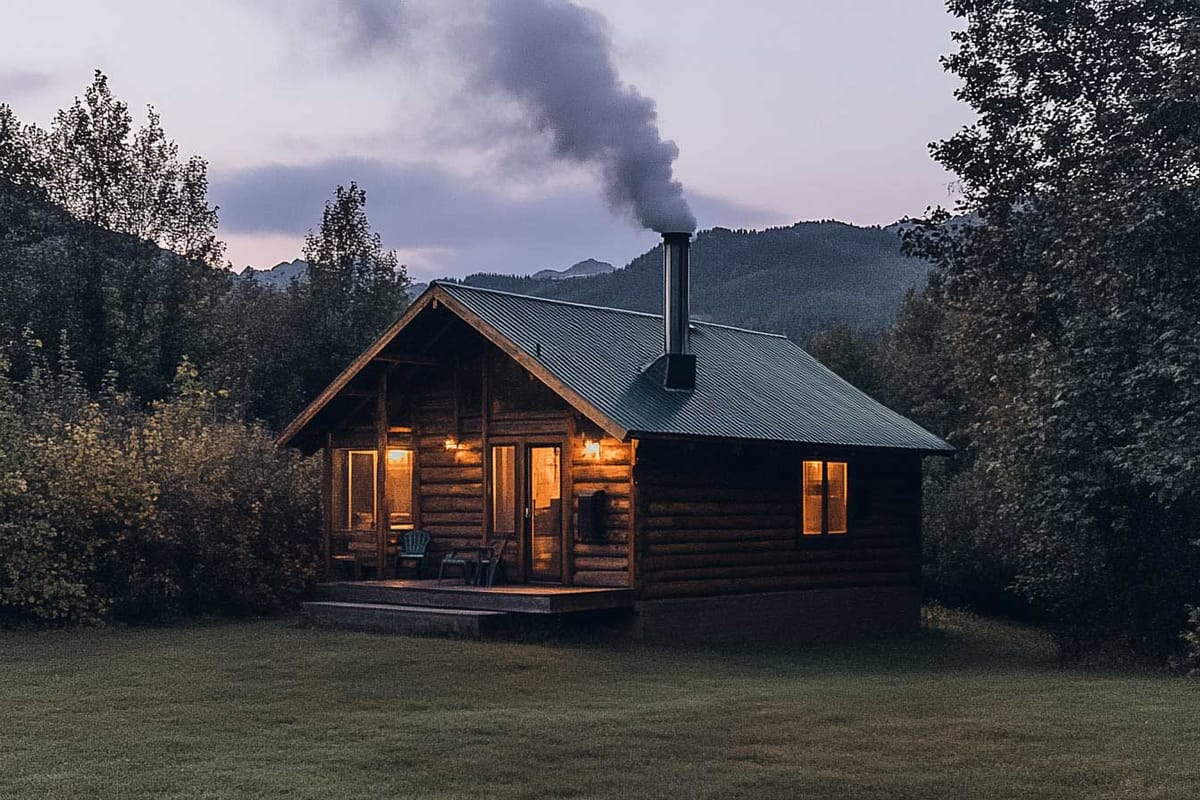
Is it possible to live rent-free/mortgage free, off the grid?
Yes it's possible to live "rent" free. But that doesn't mean "expense free". There's a big difference. Don't listen to the naysayers who've never tried it or who can't think outside the box long enough to figure it out. You can live 'rent free' as long as you plan right. It takes a lot of work and planning, but it's possible. In short, living off grid allows you the freedom to live rent free if your land and home are paid for in full and you owe nothing on it. However, there are still expenses one must consider.
Now, there are two ways you can do this. You can live on your own land, build your own homestead and "work the farm", like most folks. Or you could be mobile, live full time in an RV, and boondock (free camping) everywhere you go. There are pros and cons to both lifestyles.
Living fulltime mobile, whether in an RV, camper trailer or living the vanlife is one way.
But when you talk about living rent free, off grid on your own land, that's what most people think about. This article will detail how to do both.
First, work hard, save money, buy land. Simple. Done. There you go.
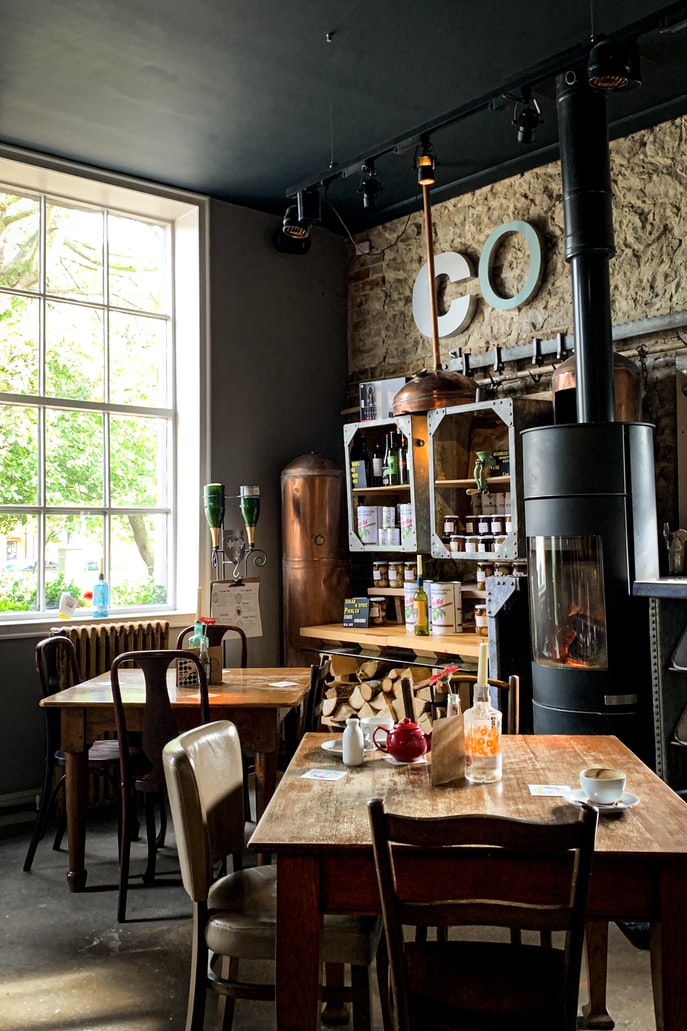
We all know there's way more to it than that. While technically, there's a such thing as "rent free", meaning you don't have to pay a landlord rent or a bank a mortgage payment, there will always be property taxes (rent to the government), which you can offset and lower the cost of by purchasing land that is zoned agricultural and allows you to build your own cabin/home on your own land.
It would also help greatly if the septic system requirements are not as stringent and restricting as that will add to your monthly bills. A vault toilet or composting septic system would be ideal and would not force you to hookup to public utilities. There are fees to hookup to public utilities like septic and water, so take that into account while you're figuring out your "rent free" budget.
In society, there's no such thing as living for FREE or not having bills to pay each month.

You're going to have to pay some bills every single month. Whether it's property taxes, homeowners insurance (which is required by law in some places), or other incidental fees, permits, fines, etc.
Unless you decide to live in a cave and live primitively like our ancient ancestors, you must have money to pay the minimum amount of bills. So yes, you can live "rent free" by definition, you still have bills to pay. Phone bill, internet bill, property taxes, insurance, etc. But you can live "rent" free. If you don't consider property taxes "rent" to the government. Think about that. That's basically what property tax is. It's supposed to go to make the county, state, nation better, but...does it? That's a whole other discussion.
So, can you live rent free off grid?
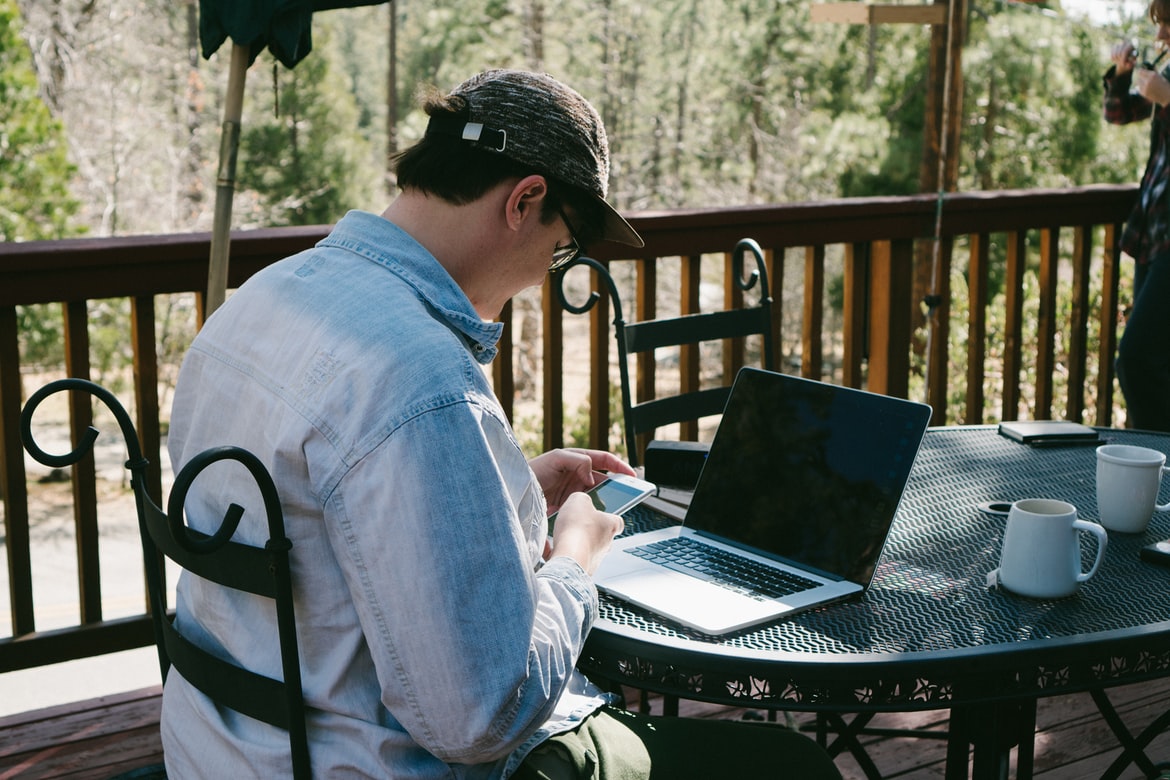
Sure. By definition. You can live off grid without having to pay the bank a mortgage payment or a landlord rent. but just know you will still have minor expenses to pay.
Initial setup costs to live rent free is where the money is spent, or should I say, invested. You're investing your money upfront into your off grid land in the beginning instead of paying it off over a long period of time. It may take you longer to save up the money to purchase your land but there are ways you can make a little extra money on the side to speed up the process.
Lets just say for example you've saves enough money to move off grid. Well, how much money does it take to move off grid? That depends on how you want to live, how much comfort and luxury you're willing to part with, and how minimalist you live. We'll assume you want a nice log cabin, you build it yourself with the help of your family and friends, free labor.
You can live in an RV or camper trailer until the cabin is built. This is how most people do it.
Install all the proper utilities, septic (required by EPA federal regulation in most areas).
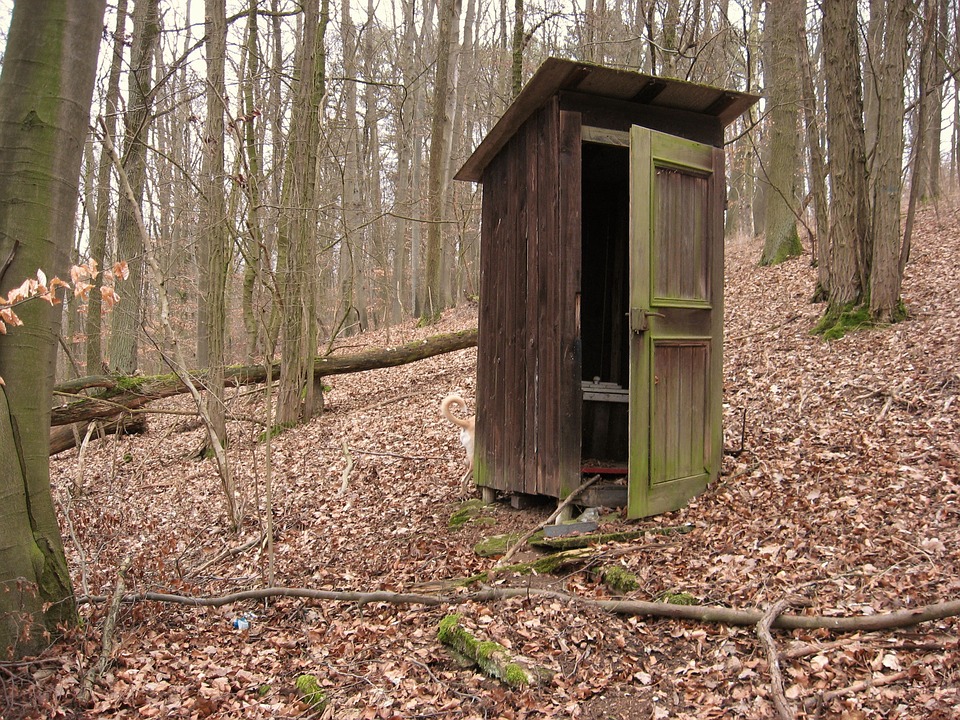
Install your solar system for power with a battery backup system you can run your home on for at least a week under minimal load. You must think about winter if you are living in a northern climate where it snows and gets cold enough to freeze. Hypothermia is a bad way to go. Have a propane or wood burning fireplace of stove to provide backup heat for warmth and cooking.
Build your pole barn, greenhouse, garden shed, and other outbuildings.
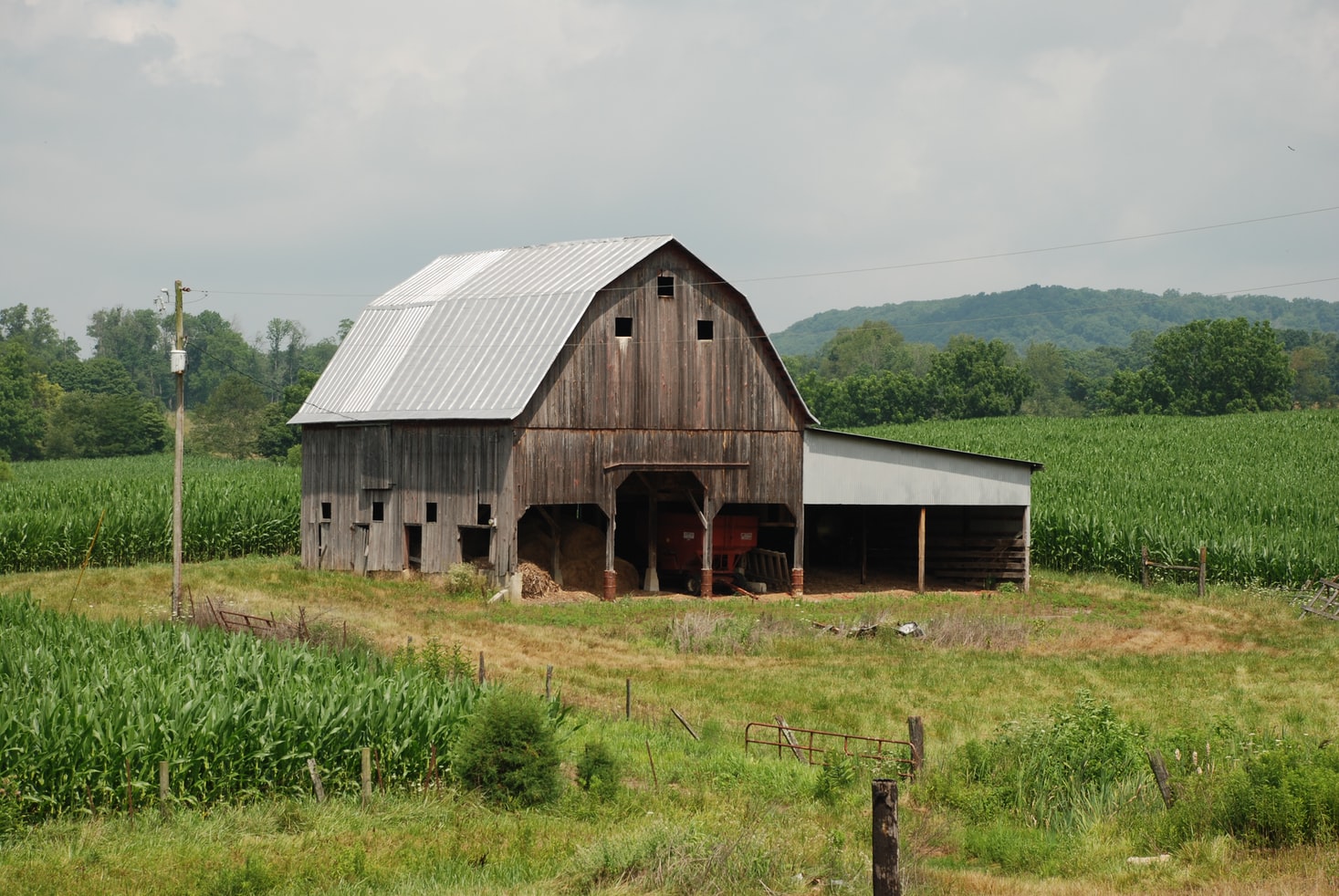
Perhaps your outhouse if you are going to rough it a bit. Most folks will opt for a modern toilet and septic system, or at the very least a composting toilet and septic system. Which you can do if you do your homework when you make your land purchase.
Buying your off grid land is NOT the first step.
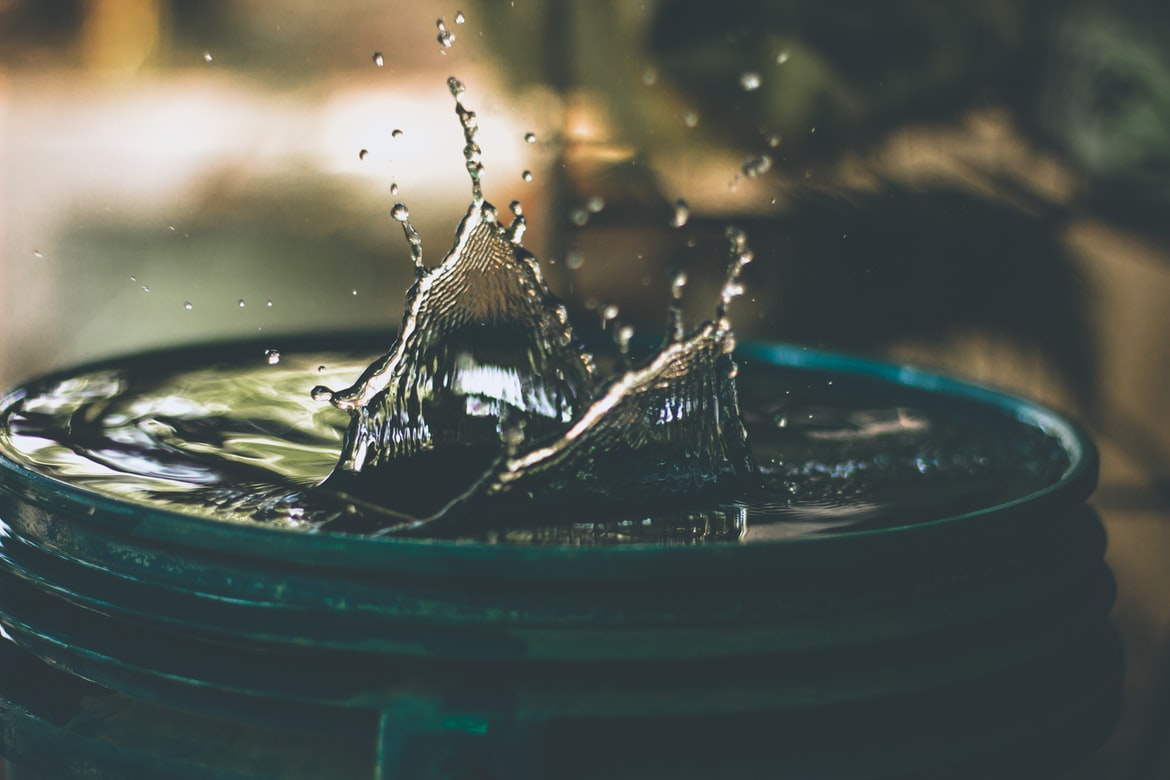
That only happens after you've saved your money and researched the best place to build your off grid homestead. What state/province will you live in? Are there any rules and regulations that will prevent you from living the off grid lifestyle you wish to live? Have you researched your land and the neighboring lands/parcels around your property? Did you test the water? Does you property have a well or are you going to have to pay for water each month to the county municipality? If so you'll have hookup fees.
Fees, permits and yes, even fines and hookup fees
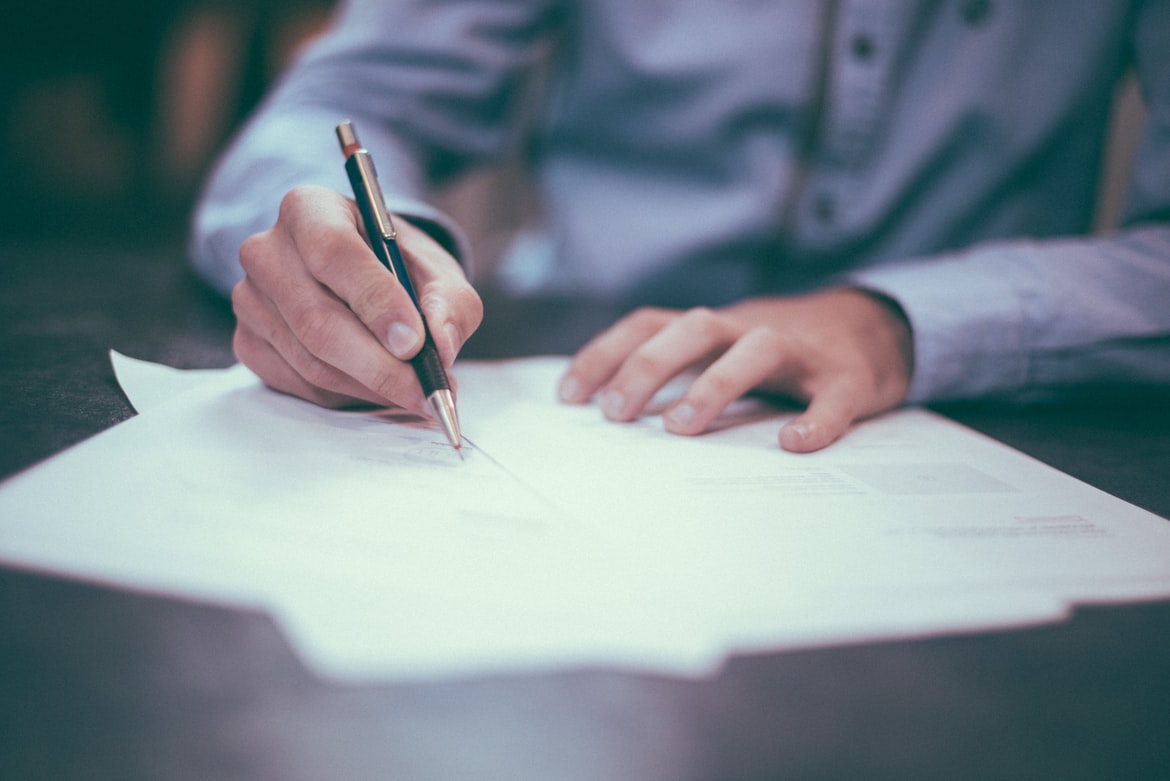
Oh, and before you build your off grid cabin you may need to pay an impact fee to your county just for the privilege of building on your own property. It's just a "fee" they charge you to build. No one really knows where that money goes. It just kind of disappears into the budget and is never seen again. The water hookup fee, building permits, and other fees can run into the tens of thousands of dollars. Be prepared.
If you've done you homework though, you've purchased the right land free from most of these over restrictive local, county, state and federal ordinances. Building codes may not be enforced, but that doesn't mean 20 years from now they won't enforce them. Don't build your off grid cabin on land that might be restricted later on.
Basically to live rent free you're paying all these expenses up front before anything else.
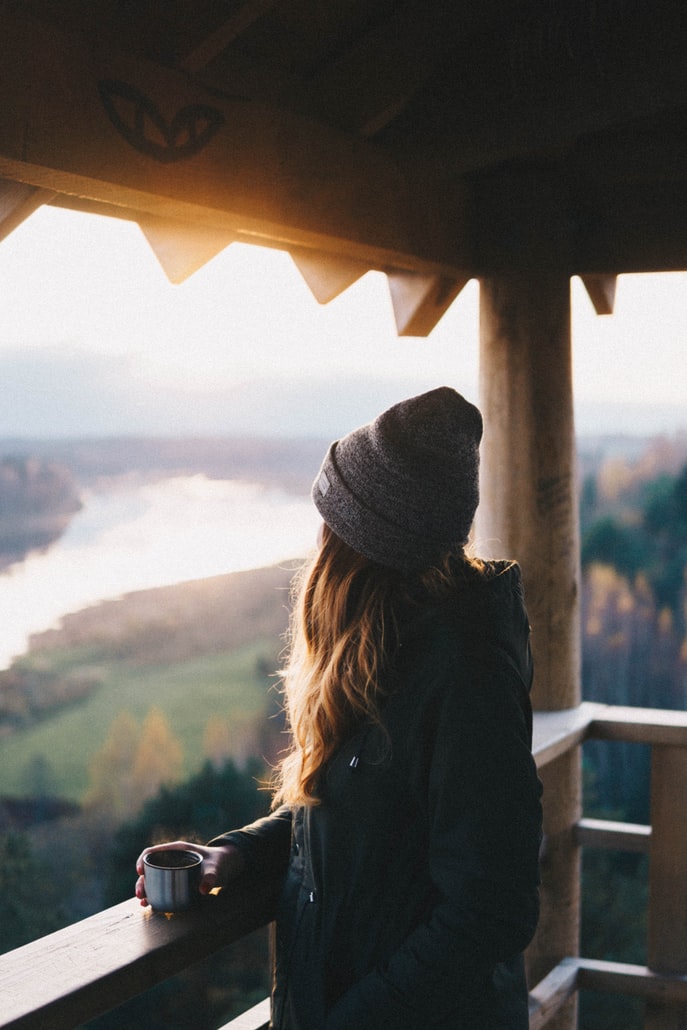
You're paying cash for your land. Buying all your building materials (not the lumber though because that you'll make yourself on your own lumbermill, right?).
You're doing as much of all the labor as you possibly can to lower the cost of building and paying for everything in the beginning with the plan to not have to pay rent later on down the road.
Let's say you buy the perfect property, the best off grid land with all the trees and rock and water available to you to lower your build material cost. You don't take out a loan so no mortgage payment, you're not renting, so no rent payment.
You will still have to have an income for monthly bills and incidental expenses
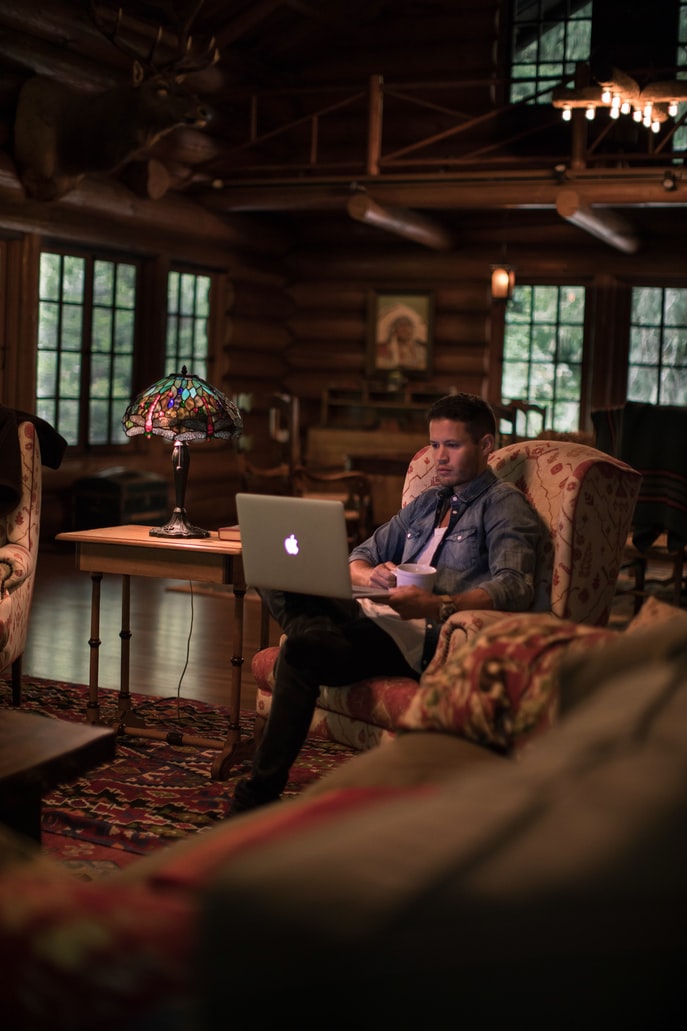
Your cell phone bill, internet (yes you can live off grid and still have internet) gas for your car/truck, propane heater and stove (if that's the direction you go), insurance payments for your vehicles, health insurance (if you can afford it nowadays), and extra groceries and treats for the kids like microwave popcorn, ice cream (if you don't know how to make it yourself and don't have a freezer). But you do know how to do this stuff because you've done your research on what it takes to live off the grid rent free. Right?
Here’s a detailed list of monthly expenses one might still face when living off-grid, even with no rent, mortgage, or utility costs, and growing their own food:
- Property Taxes – Even if the land is paid for, property taxes must be paid annually or monthly depending on the jurisdiction.
- Insurance – Home and possibly health insurance for protection against natural disasters, accidents, or illness.
- Transportation – Fuel and maintenance for vehicles if you need to travel for supplies, medical care, or emergencies.
- Repairs & Maintenance – Ongoing upkeep for the cabin, tools, solar panels, plumbing, or other infrastructure (e.g., water collection systems).
- Fuel (Non-Electric Needs) – Propane or wood for heating, cooking, or running generators, if not fully solar or wind-powered.
- Medical Expenses – Health care costs not covered by insurance, such as prescriptions, emergencies, or routine care.
- Communication – Internet or phone bills for staying connected or running a business (if applicable). Off-grid setups often rely on satellite services.
- Water System Maintenance – If you use a well or water filtration system, maintenance costs may arise for repairs, parts, and testing.
- Waste Disposal – Septic system maintenance or paying for garbage removal, or costs for eco-friendly waste management options.
- Seeds & Gardening Supplies – Even with self-sufficiency in food, seeds, compost, and gardening tools may need periodic purchasing or replacement.
- Emergency Fund – Allocating money for unexpected events like medical emergencies, major repairs, or legal issues.
These are critical to maintaining off-grid living long-term, but strategic investments, self-reliance, and preventive measures can help minimize or reduce the financial burden over time.
The point here is that you're going to need an income or a hefty retirement setup, regardless of whether or not you have a rent or mortgage payment or not.
Author's Note: We've got information on how to make money while living off grid, and will be publishing future articles on how to actually work remotely while living in remote areas off grid. Thankfully there are new services like high speed off grid internet by StarLink that provides super high speed low latency internet to anyone in the world anywhere in the world. Eventually the internet will be available to RVers and Vanlifers, truckers etc. But for now this service is in its infancy and is still rolling out. UPDATE ON STARLINK: There is now a portable Starlink version available.
Here are several ideas for making money while living off-grid:
Remote Jobs:
- Freelance Writing/Editing – Create articles, blog posts, or edit content remotely.
- Virtual Assistant – Manage admin tasks, scheduling, or customer service for businesses.
- Online Tutoring – Teach various subjects or skills online.
- Web Design/Development – Build websites or applications remotely.
- Data Entry/Transcription – Simple tasks that require internet access.
- Social Media Manager – Manage and grow social media accounts for businesses or influencers.
- Online Customer Support – Provide customer service through email or chat for companies.
- Digital Marketing – Run ad campaigns, SEO, and content marketing strategies for clients.
- Translation Services – Translate documents, websites, or media between languages.
- Remote Bookkeeping – Manage finances, invoices, and accounting for small businesses.
- Content Strategist – Plan and execute content strategies for blogs, websites, or social platforms.
- Online Researcher – Conduct research on various topics for companies, academic projects, or authors.
Products and Services to Sell Online:
- Handmade Crafts – Sell handmade items (e.g., woodwork, candles) through platforms like Etsy.
- Homegrown Produce – Sell fresh or preserved goods (jams, dried herbs).
- Natural Skincare – Create and sell organic skincare products like soap, lotions.
- Survival Gear/Tools – Develop and sell off-grid or survivalist products.
- Custom Apparel – Design t-shirts, hats, or gear and sell through print-on-demand services.
Online Content Creation Income Strategies:
- Blogging/YouTube Channel – Share off-grid living experiences and monetize through ads, sponsorships, or affiliate marketing.
- Podcasting – Discuss topics like sustainable living or self-sufficiency and monetize with sponsorships.
- Online Courses – Teach homesteading, gardening, or survival skills through platforms like Udemy or Teachable.
- Stock Photography/Videos – Sell photos or videos of nature, wildlife, and off-grid living to stock image websites.
- Patreon Memberships – Offer exclusive content like behind-the-scenes videos, early access to posts, or personalized advice for subscribers who pay monthly.
- Merchandise Sales – Create and sell branded products, such as t-shirts, mugs, or eco-friendly gear, through platforms like Teespring.
- Affiliate Marketing – Partner with off-grid or sustainable living brands and earn commissions by promoting their products through affiliate links on your blog, videos, or social media.
- Crowdfunding – Use platforms like GoFundMe or Kickstarter for larger projects, such as building new sustainable infrastructure or launching a new homesteading course.
- Digital Downloads – Sell digital items like planting calendars, DIY plans, or permaculture blueprints that others can purchase and use in their own off-grid projects.
- Sponsored Content – Work with companies in your niche to create sponsored posts or videos, offering reviews or tutorials that align with your audience's interests.
- Webinars/Live Workshops – Host live, interactive webinars on homesteading or sustainable living topics, charging for access or offering them for free with follow-up paid courses.
- Subscription Services – Offer a paid membership on your blog or platform where subscribers get access to premium content, such as monthly tutorials, e-books, or personalized advice.
Local Income Ideas from Your Homestead:
- Farmers’ Market Sales – Sell produce, eggs, or handmade goods locally.
- Agritourism – Offer tours, workshops, or farm stays on your property.
- CSA (Community Supported Agriculture) – Offer local shares of your crops or livestock products.
- Firewood Sales – Sell excess wood from your land.
- Rent Camping Spots – Offer your land for campers, especially if near scenic areas.
Local Jobs Typically Available in Every Town:
- Retail – Jobs in grocery stores, hardware stores, or other local shops.
- Construction/Labor – Short-term or ongoing work in construction, plumbing, or general labor.
- Hospitality – Positions in hotels, restaurants, or cafes.
- Healthcare – Jobs at local clinics or hospitals, such as nursing assistants or clerical positions.
- Delivery Driver – Local courier or delivery services for packages, groceries, or meals.
These strategies can provide a mix of remote and local income opportunities while living off the grid.
Once you've paid all your upfront expenses, built your cabin, greenhouse, pole barn, pig pens, chicken coops, horse stalls, and a place for the cows; and you've laid out your garden, planted the first year's crops, and build in all your utilities like water, power, septic, etc., and your land is paid for and you've minimized you carbon footprint and your monthly expenses, found a remote job you can work and/or monetized your land in some way, perhaps by renting our small camping cabins on AirBNB or VRBO, maybe camping spots on Hipcamp, you can rest assured you might be able to live rent free off grid.
Is it possible to live "rent free" off grid?
Sure. But it's going to take a lot of work and money upfront. Which most people simply don't have. They either don't have the money or the patience or discipline to do it. Sorry. That's just the cold hard facts. Don't think living off grid is some way to get out of paying bills. Sure, if you do it right you can live with lowered expenses, and that's good, but there will always be expenses. even if you're not paying "rent", technically speaking.
I want to be clear. I'm not trying to discourage anyone from their dreams of living off the grid. It's a wonderful and rewarding lifestyle for those who like living off grid for many reasons. I just think people need to be realistic in their expectations of what they're going to get out of it and mostly, how much it costs to actually live off grid full time.
Can it be done? Absolutely! But it's likely going to take you years to get to that point where you can move off grid.
Keep doing what your doing. Never give up on your off grid dream. It's possible.
Watch this video of Shawn James building his off grid cabin for inspiration. It always inspires me.
This is the off grid dream.
***
